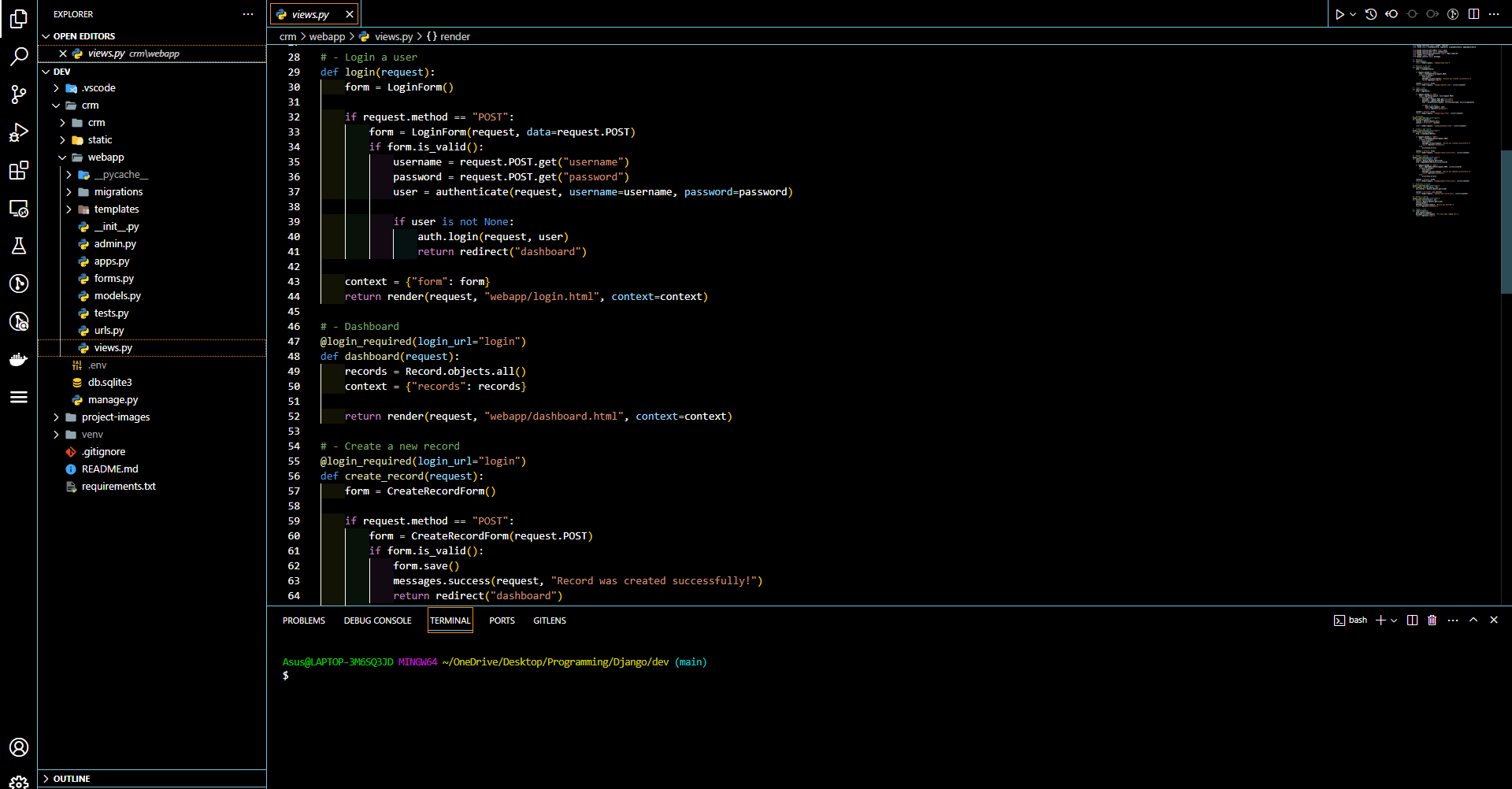Many people wonder about the difference between Artificial Intelligence and Automation. The industrial automation market is growing fast, set to reach $265 billion by 2025. This blog will explain how these technologies change industries.
Keep reading to learn more.
Defining the Concepts

Defining the Concepts:
Automation involves using technology to perform tasks without human intervention. Meanwhile, Artificial Intelligence refers to machines’ ability to solve problems and make decisions like humans.
What is Automation?
Automation means using technology and software to do jobs that are repetitive without needing people. This way, machines or computer programs handle tasks by themselves. Think of it like robots in a factory putting cars together or computer systems sorting through lots of data quickly.
It’s all about making things more efficient without humans doing the same thing over and over.
The industrial automation market is growing fast. In 2020, it was worth $175 billion and experts think it will reach $265 billion by 2025. One kind of automation many use today is Robotic Process Automation (RPA).
This type focuses on digital tasks, which is different from using physical machines. The big wins here include working faster, spending less money on these processes, and messing up less because machines follow exact steps every time.
What is Artificial Intelligence (AI)?
Moving from automation, Artificial Intelligence (AI) takes technology a step further. AI gives machines the ability to handle tasks that usually need human intelligence. These include understanding languages, recognizing images, and making decisions.
AI uses techniques like machine learning, neural networks, and data mining to learn from information and improve over time.
Machine learning is a big part of AI. It allows computers to create models for predicting outcomes without being directly programmed for each task. By analyzing data, these models can make accurate predictions and respond quickly to new opportunities.
This makes AI important in decision-making processes by offering quick and precise forecasts based on large amounts of data.
Key Differences Between AI and Automation
AI involves decision-making capabilities and learning and adapting over time, while automation focuses on executing pre-defined tasks without the ability to learn or make decisions.
The nuances between AI and automation are essential for understanding their distinct roles in transforming industries.
Decision-making capabilities
Automation does tasks the same way every time, without change. It is good for jobs that don’t need choices made. On the other hand, AI can make decisions and change how it does tasks based on new info.
This makes AI better for complex jobs that need thinking and adapting.
AI’s ability to adapt and learn over time leads to smarter decisions than traditional automation.
AI uses things like machine learning and data-driven decision-making. These tools help it learn from what happens around it. This way, AI gets better at making decisions by itself.
Moving on to learning and adapting over time, this feature sets AI apart even more.
Learning and adapting over time
AI systems can learn from data over time, improving their performance and adapting to new information. Continuous learning is crucial for AI and automation to remain effective in evolving business environments.
Incorporating AI, like Machine Learning and Natural Language Processing, enhances the adaptability of automation processes. This adaptability allows AI to respond to changes in tasks, enhancing overall efficiency.
How AI and Automation Complement Each Other
AI and automation work hand in hand, improving operational efficiency through streamlined processes. AI enhances decision-making, while automation executes those decisions with precision.
Enhancing efficiency through automation
Automation, when combined with intelligent technologies such as AI, can streamline processes and boost productivity. Hyper-automation, a fusion of RPA, low-code platforms, and AI, is expected to cut operational costs by up to 30% by 2024.
This fosters lean operations that are cost-efficient and effective. Furthermore, predictive analytics driven by AI holds the potential to proactively identify machinery breakdowns, reducing downtime and maintenance expenses.
These advancements not just enhance operational efficiency but also result in substantial cost savings while revealing new levels of effectiveness in workflow automation.
Improving decision-making with AI
AI is transforming decision-making across industries. AI-based decision support systems (DSS) are enabling better choices in Industry 4.0, leveraging machine learning models to analyze production data for more accurate quality control.
Furthermore, the incorporation of IoT, cloud computing, and AI technologies is improving operational efficiency through automation.
This shift illustrates how AI is not just automating tasks but also greatly enhancing decision-making processes across different sectors. The smooth integration of automation and AI is guiding businesses into a new era of efficient operations and enlightened decisions.
Transformative Impacts on Industries
AI and automation are revolutionizing industries by enhancing manufacturing processes, improving customer service, and driving innovation in healthcare. These technologies are reshaping the way businesses operate, leading to significant improvements in efficiency, quality control, safety, and supply chain optimization.
Manufacturing process improvements
Manufacturing process improvements are experiencing a revolution due to AI integration. The projected 54% increase in AI utilization over the next five years highlights its transformative potential in this industry.
For example, predictive maintenance optimizes schedules and predicts equipment failures, while dynamic factory layouts use real-time data for process optimization and resource allocation.
Moreover, AI improves demand forecasting and reduces material waste, supporting significant progress in smart manufacturing.
These developments indicate a shift towards digital transformation within industrial automation. The incorporation of advanced robotics, machine learning, and predictive analytics is at the core of these innovations, paving the way for smarter and more efficient manufacturing processes that are tailored to meet ever-evolving demands.
Enhancements in customer service
Transitioning from manufacturing process improvements to advancements in customer service, AI technologies are shaping the world of customer support. Generative AI allows for personalized experiences on a large scale and streamlines processes in industries like banking, retail, and telecommunications to decrease customer turnover.
By using AI-powered analytics and tools, businesses can provide personalized suggestions and proactive support while also empowering human agents to concentrate on managing complex issues.
The future of customer service is defined by AI-driven chatbots that efficiently handle routine inquiries, enabling human agents to focus on addressing more elaborate challenges.
Innovations in healthcare
Artificial intelligence (AI) and automation are revolutionizing healthcare. AI-powered predictive analytics could cut hospital admissions by 50%. Robotic-assisted surgery driven by AI has reduced hospital stays by over 20%, and it’s predicted that 90% of hospitals will use AI for early diagnosis and remote monitoring by 2025.
The benefits are enormous, improving diagnostic accuracy and treatment plans while enhancing efficiency across the board.
In addition, remote patient monitoring is becoming more robust thanks to AI. This technology allows for continuous tracking of patients’ vital signs without them being present in a hospital, optimizing treatment plans.
Furthermore, the potential for more accurate diagnostics through AI enhances patient care at every level while streamlining processes within healthcare facilities.
Future Trends in AI and Automation
Future trends in AI and Automation include the rise of predictive analytics and the integration of intelligent automation. These developments are shaping the future of work and driving technological innovation across industries.
Predictive analytics
Predictive analytics uses statistical algorithms and machine learning to forecast future outcomes based on historical data. In manufacturing, it can slash waste by accurately predicting material needs.
It also has a critical role in foreseeing hardware failures, security breaches, and network traffic patterns. AI-driven analytics provide insights beyond human capabilities.
Intelligent automation
Moving forward from predictive analytics, intelligent automation continues to shape the future of business processes. By 2024, hyper-automation is expected to enhance operational efficiency by up to 30%, combining robotic process automation (RPA), low-code platforms, and AI.
A survey found that financial services professionals reduced costs by over 10% using AI in 2023. Furthermore, nearly 46% noted enhancements in customer experience due to these advancements.
The potential economic value from intelligent automation in the U.S. alone is estimated at $132 billion according to a Forrester report.
Intelligent automation plays a crucial role in streamlining operations and enhancing decision-making capabilities through its advanced features like cognitive automation and machine learning.
These innovations are shaping industries and cultivating an environment where businesses can thrive with greater efficiency and cost savings.
Conclusion
As industries evolve, both Artificial Intelligence and Automation are transforming the way we work, enhancing efficiency and decision-making across various sectors. From manufacturing to healthcare, the impact of AI and Automation is evident in improving processes and driving innovation.
In today’s rapidly changing business landscape, the integration of AI and Automation paves the way for enhanced productivity, cost savings, resilience, and next-gen innovation. As more businesses embrace these transformative technologies, it’s clear that they will continue to play a pivotal role in shaping the future of work.
With AI’s interpretive decisions and automation’s task uniformity, the synergy between them unlocks new opportunities for growth while addressing industry challenges. The journey towards embracing these technologies is ongoing – one that promises continued advancements in how we operate within an ever-evolving technological realm.
Industries leveraging this combined power are poised to thrive – illustrating that AI and Automation isn’t a competition but rather a collaborative force propelling us into a new era of possibilities.
FAQs
1. What is the difference between artificial intelligence and automation?
Artificial intelligence (AI) involves machines that can learn and make decisions. Automation refers to using technology to perform tasks without human help. Both change how industries operate.
2. How does AI transform industries?
AI transforms industries by improving efficiency and decision-making. It analyzes data, predicts trends, and enhances customer experiences across many sectors.
3. Can automation work without AI?
Yes, automation can function independently of AI. It uses fixed rules to complete tasks quickly but lacks learning capabilities like AI has.
4. Why are businesses interested in both AI and automation?
Businesses seek both because they want to increase productivity while reducing costs. Combining AI with automation leads to smarter operations that adapt over time.
